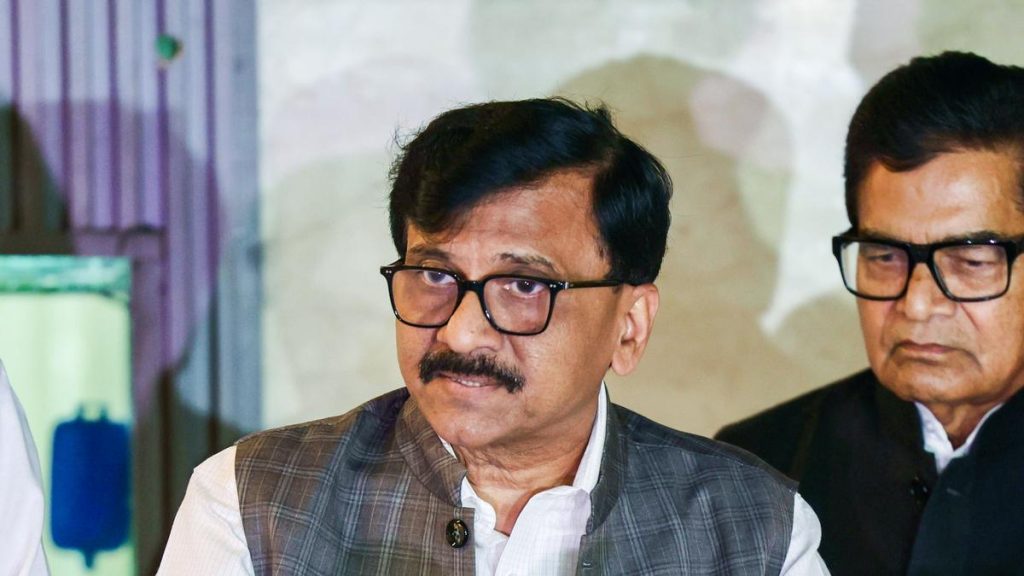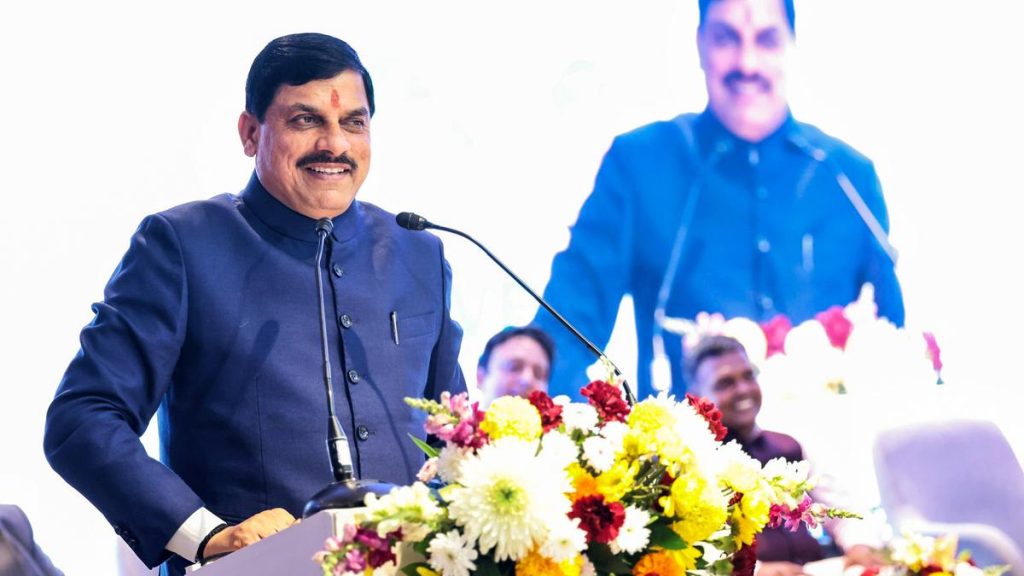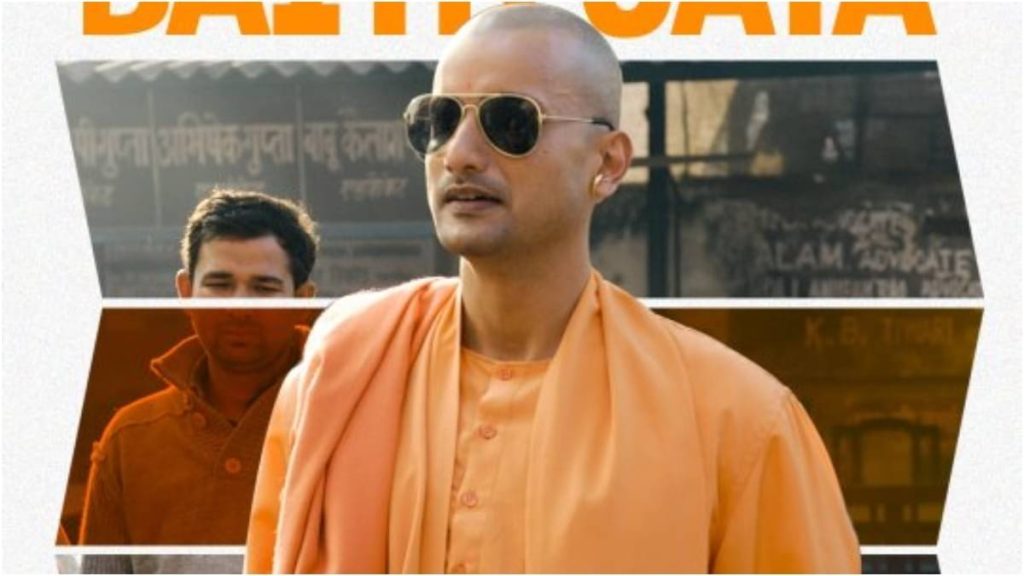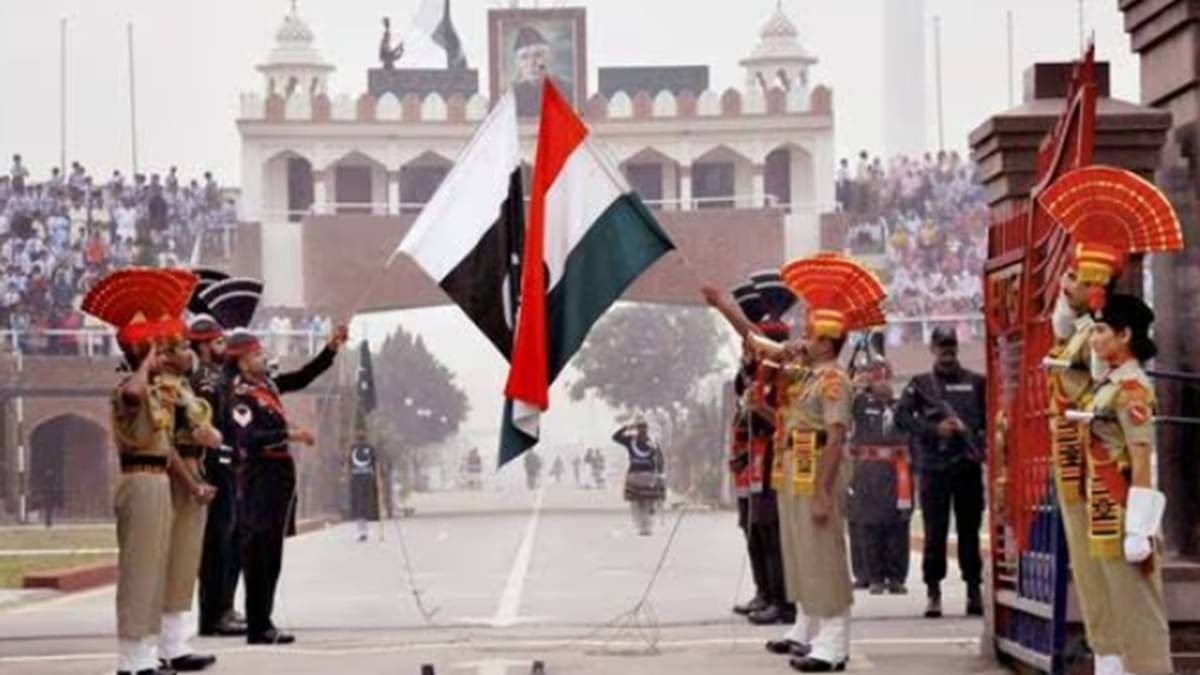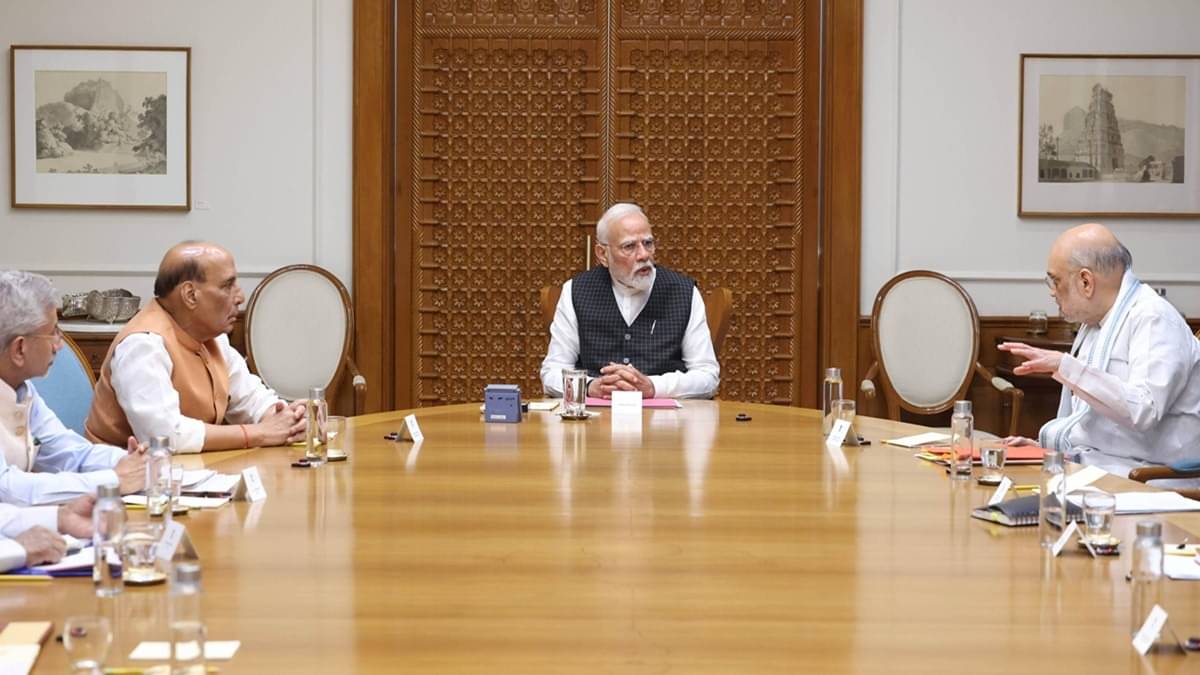Now Reading: Pahalgam Victims’ Kin Criticizes Robert Vadra Over Hindutva Remarks
-
01
Pahalgam Victims’ Kin Criticizes Robert Vadra Over Hindutva Remarks
Pahalgam Victims’ Kin Criticizes Robert Vadra Over Hindutva Remarks
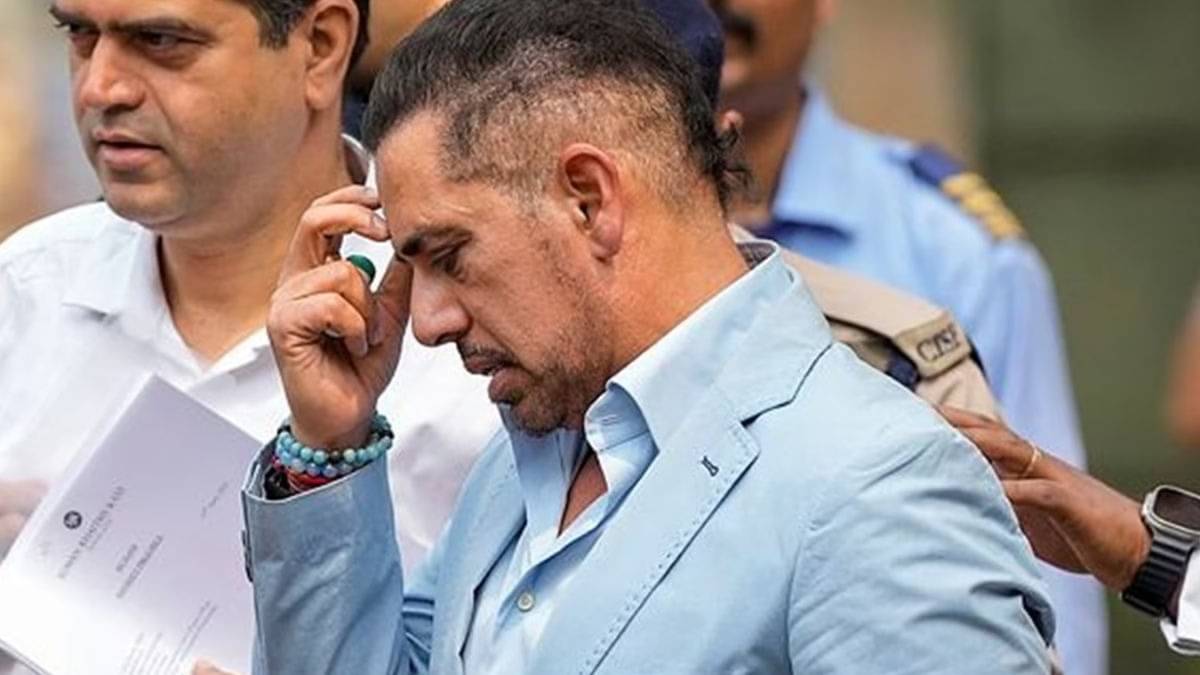
Quick Summary
- Incident: The aftermath of the deadly Pahalgam terror attack has lead to a controversy surrounding remarks by Robert Vadra, husband of Congress MP Priyanka Gandhi.
- Victim Details: Several families lost loved ones in the massacre, including Manjunath Rao from Shivamogga (Karnataka), Yatish Parmar and his son Smit Parmar, and Raipur-based businessman Dinesh Mirania.
- Robert vadra’s Statement: he suggested that religious tensions stemming from Hindutva are responsible for incidents like this. “In our country… minorities feel uncomfortable,” said Vadra, calling for introspection against such divides.
- Response from Families:
– Dr Ravikiran (relative of Manjunath Rao) criticized Vadra’s statement as misguided and urged unity against terrorism rather than politicization. “Terrorists don’t have religion,” he asserted.- Prashant Nathani emphasized national unity and expressed satisfaction with government efforts but rejected any communal narratives linked to the attack.
– Vinod Agarwal called out Congress’s ancient stance on Hindutva while rejecting Vadra’s remarks that suggest divisive rhetoric. he stressed solidarity in combating terrorism over political agendas.Families broadly united in urging the public to view these attacks as acts of terrorism rather than tinted by communal lenses.
Indian Opinion Analysis
The Pahalgam terror attack underscores a critical challenge faced by India-combating terrorism without succumbing to political polarization.While Robert Vadra’s comments aimed at highlighting broader societal issues regarding Hindutva and minority discomfort may align with his party’s secular perspectives, they were perceived as ill-timed amid national grief over the tragic deaths caused by militants.
From a broader standpoint, grieving families notably countered any attempt to communalize the incident with calls for unity across religious lines-a sentiment indicative of resilience in India’s multicultural fabric. The criticism directed toward foreign or internal political statements highlights rising public scrutiny over politicizing sensitive tragedies like these.
India has made important strides toward peace in regions such as Kashmir after revoking Article 370; however, sustained efforts remain vital as terrorist groups seek opportunities thru vulnerabilities created by division or policy shifts. Neutrality and collective patriotism appear crucial pathways forward for addressing both security concerns and fostering solidarity post-tragedy.


